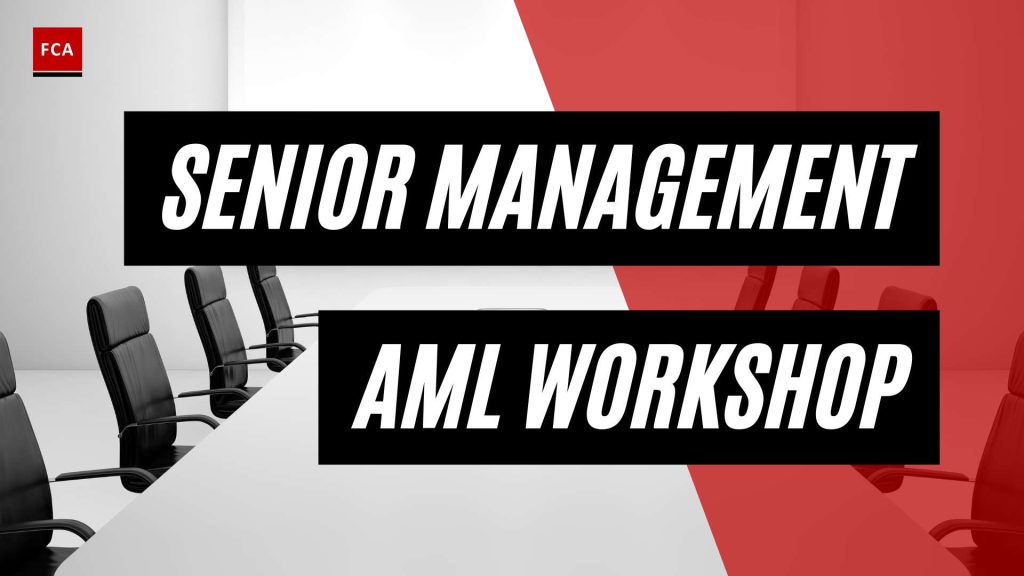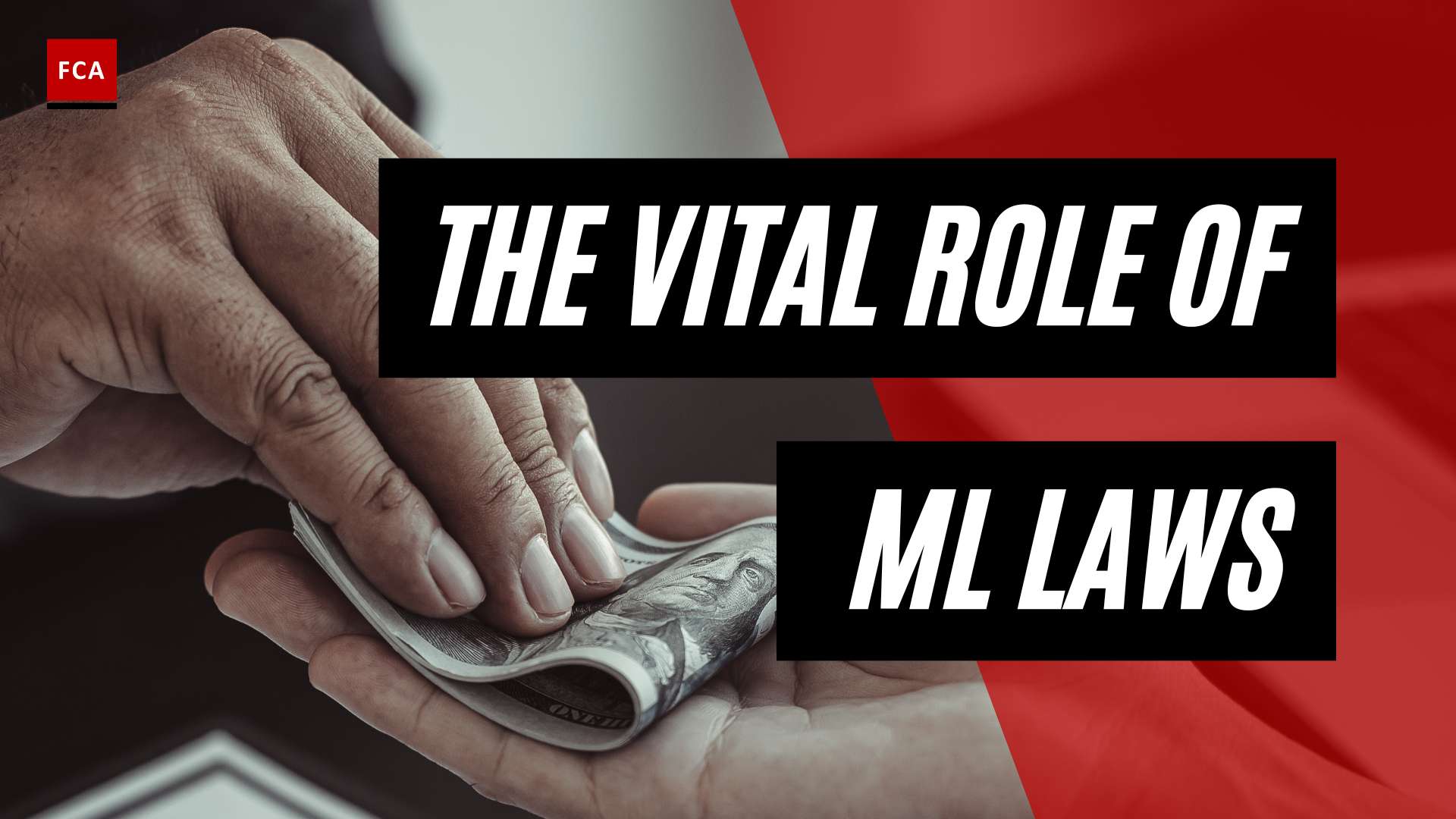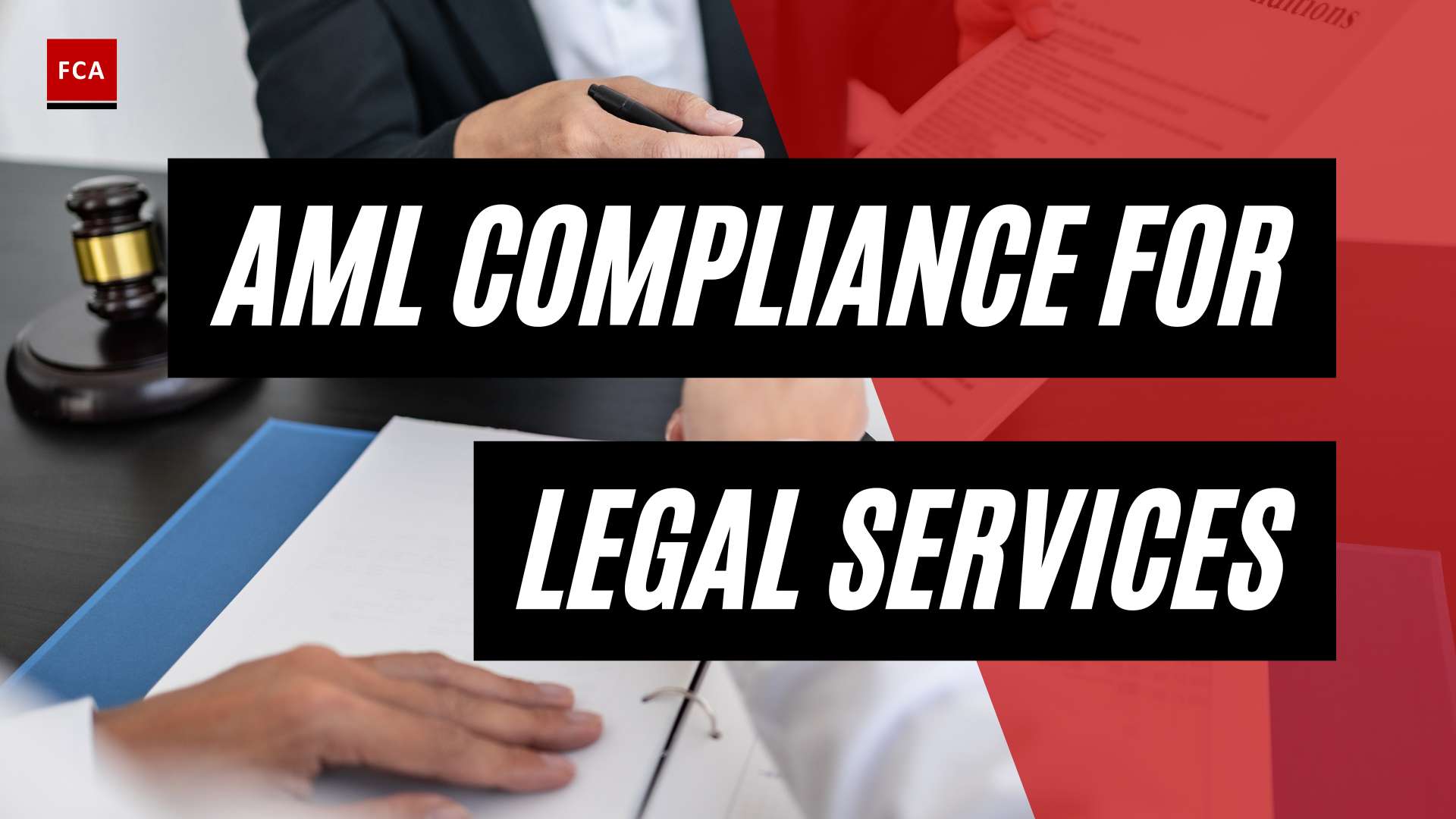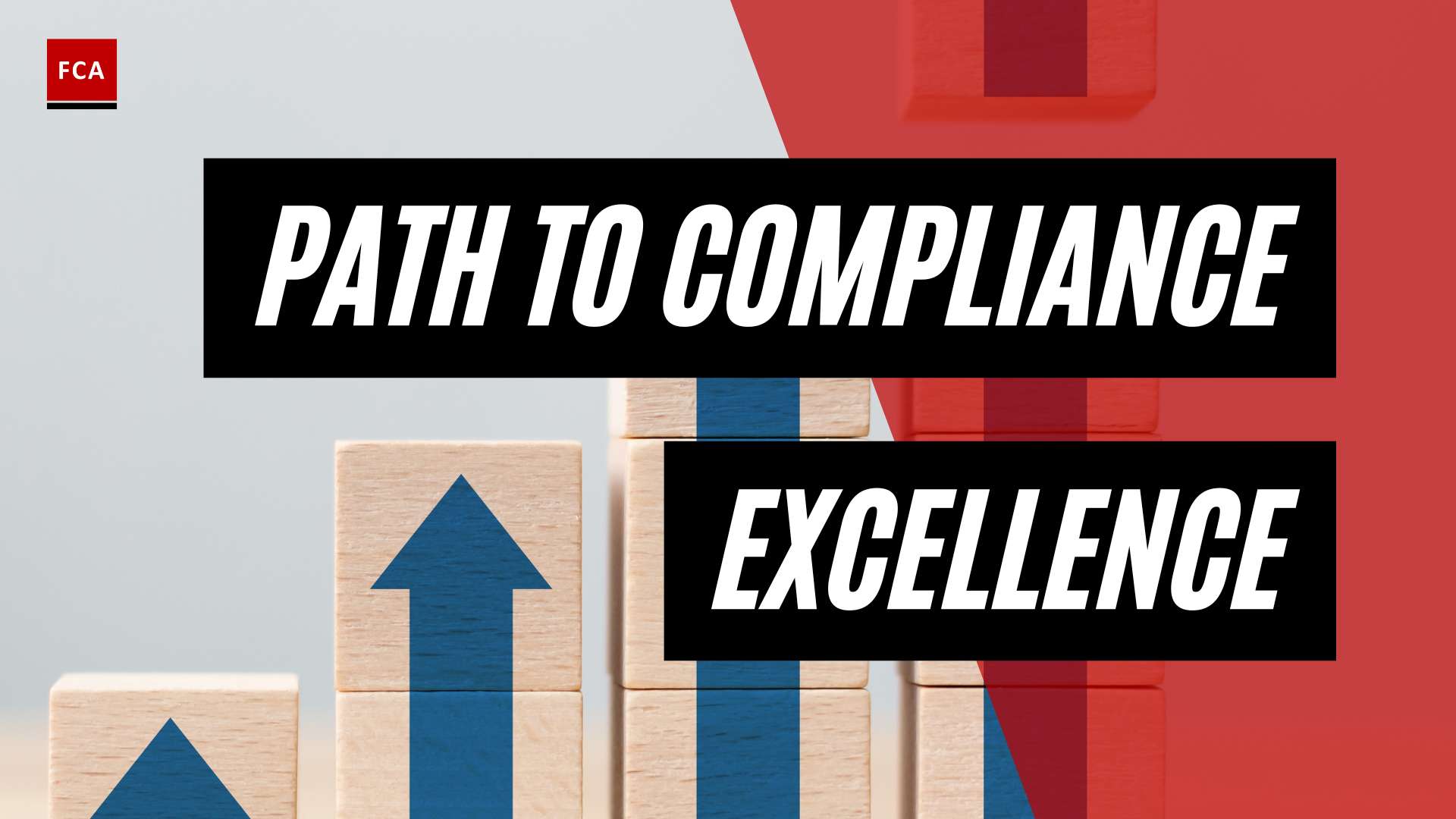AML Training for Senior Management
As part of a comprehensive anti-money laundering (AML) program, training for senior management is of utmost importance. It equips them with the necessary knowledge and skills to effectively oversee and manage AML compliance within an organization. In this section, we will explore the importance of AML training for senior management and the regulatory requirements surrounding it.
Importance of AML Training for Senior Management
Senior management plays a critical role in setting the tone from the top and establishing a culture of compliance within an organization. AML training for senior management is vital to ensure they have a solid understanding of AML regulations, risks, and control measures. By receiving proper training, senior management can effectively identify, prevent, and mitigate money laundering and terrorist financing risks.
AMl training for senior management helps them:
- Stay updated with the latest AML regulations and best practices.
- Understand their roles and responsibilities in implementing an effective AML program.
- Recognize the potential red flags and suspicious activities.
- Make informed decisions regarding AML policies, procedures, and resource allocation.
- Foster a culture of compliance throughout the organization.
- Promote a proactive and risk-based approach to AML compliance.
By investing in AML training for senior management, organizations demonstrate their commitment to combating financial crimes and protecting their reputation.
Regulatory Requirements for Senior Management Training
Regulatory authorities around the world have recognized the crucial role of senior management in AML compliance. As a result, they have established requirements for AML training for senior management within regulated entities. These requirements may vary depending on the jurisdiction and industry. Some common regulatory requirements include:
- Mandating AML training for senior management at regular intervals.
- Specifying the topics and areas that need to be covered during the training.
- Setting expectations for ongoing training and refreshers to keep senior management up to date with the evolving AML landscape.
- Requiring the appointment of a designated compliance officer or Money Laundering Reporting Officer (MLRO) who is knowledgeable in AML regulations and can design and implement the AML program.
It is essential for organizations and their senior management to understand and comply with the regulatory requirements specific to their jurisdiction and industry. This ensures that they meet the necessary standards and are well-prepared to address AML risks effectively.
In the following sections, we will explore the elements of an effective AML training program, the key components of senior management AML training, best practices, and delivery methods. By considering these aspects, organizations can develop and deliver robust AML training programs tailored to the needs of their senior management.
Elements of an Effective AML Training Program
To ensure the effectiveness of an AML training program for senior management, several key elements should be incorporated. These elements include designating a compliance officer, developing comprehensive training policies, and implementing a risk-based training approach.
Designating a Compliance Officer
A designated compliance officer, often referred to as the Money Laundering Reporting Officer (MLRO), plays a crucial role in an effective AML training program. This officer should possess a strong understanding of BSA/AML regulations and be responsible for designing and implementing the program (Source).
The compliance officer acts as a central point of contact for AML-related matters and ensures that the program aligns with regulatory requirements. They oversee the implementation and enforcement of AML policies, perform risk assessments, and facilitate ongoing training for senior management (aml training for board of directors).
Developing Comprehensive Training Policies
Comprehensive training policies are essential for senior management AML training. These policies should cover various areas, including customer identification, know your customer (KYC) procedures, transaction monitoring, record-keeping, and suspicious activity reporting (Source).
The training policies should outline the specific AML compliance requirements relevant to the organization, ensuring that senior management understands their responsibilities in preventing money laundering and terrorist financing activities. These policies should be updated regularly to reflect any changes in regulations or industry best practices.
Implementing a Risk-Based Training Approach
An effective AML training program for senior management should adopt a risk-based training approach. This approach recognizes that different individuals within senior management may have varying levels of exposure to AML risks based on their roles and responsibilities (senior management aml compliance training).
By assessing the inherent financial crime risk associated with each senior management position, the training program can tailor the content and intensity of training to address specific risk profiles (Source). This approach ensures that senior management receives targeted training on the areas most relevant to their roles, allowing them to effectively manage AML risks within their departments.
Implementing a risk-based training approach also involves regular risk assessments to identify emerging risks and adjust the training program accordingly. It is important to stay up to date with evolving AML regulations and industry trends to ensure the training program remains relevant and effective (aml regulations for senior management).
By incorporating these elements into the AML training program for senior management, organizations can enhance their ability to prevent and detect money laundering and terrorist financing activities. Designating a compliance officer, developing comprehensive training policies, and implementing a risk-based training approach are essential components of a robust AML training program.
Key Components of Senior Management AML Training
To ensure effective anti-money laundering (AML) compliance at the senior management level, specific key components need to be incorporated into the AML training programs. These components focus on enhancing the understanding of AML compliance, clarifying roles and responsibilities, and managing AML risks and controls.
Understanding AML Compliance Program
One of the fundamental components of senior management AML training is gaining a comprehensive understanding of the AML compliance program within the organization. This includes knowledge of the AML policies, procedures, and controls that are in place to prevent money laundering and other financial crimes. By familiarizing themselves with the AML compliance program, senior management can effectively oversee its implementation and make informed decisions to mitigate AML risks.
Roles and Responsibilities of Senior Management
Senior management plays a crucial role in ensuring AML compliance throughout an organization. Therefore, AML training for senior management should clearly outline their roles and responsibilities in preventing money laundering and maintaining regulatory compliance. This includes understanding their obligation to provide oversight, allocate resources, and create a culture of compliance within the organization. By understanding their specific responsibilities, senior management can effectively lead and support the AML efforts within their respective departments.
Managing AML Risks and Controls
Managing AML risks and controls is another essential component of senior management AML training. Senior management should be equipped with the knowledge and skills necessary to identify, assess, and manage AML risks specific to their area of responsibility. This includes understanding the risk assessment models used to evaluate the inherent financial crime risk of each customer and determine the adequacy of control environments (Source). By being aware of the risks and controls associated with their business operations, senior management can proactively implement appropriate risk mitigation measures and ensure compliance with AML regulations.
Incorporating these key components into senior management AML training programs helps empower senior executives with the knowledge and skills needed to effectively oversee AML compliance within their organizations. By understanding the AML compliance program, their roles and responsibilities, and the management of AML risks and controls, senior management can contribute to the overall effectiveness of the AML program and promote a strong culture of compliance.
For more information on AML training and compliance, you may find our articles on AML training for board of directors and senior management AML compliance training insightful.
Best Practices for Senior Management AML Training
To ensure the effectiveness of senior management AML training workshops, it is essential to incorporate best practices that cater to the specific roles and responsibilities of senior management. By tailoring the training, incorporating real-world case studies, and ensuring ongoing training and refreshers, organizations can enhance the knowledge and skills of their senior management in anti-money laundering (AML) compliance.
Tailoring Training to Senior Management Roles
Tailoring the AML training to the roles and responsibilities of senior management is crucial for their effective engagement and understanding of the subject matter. The training should focus on the unique AML compliance challenges faced by senior management and provide practical guidance on their specific obligations. This approach ensures that senior management is equipped with the knowledge and tools necessary to make informed decisions and effectively oversee the organization’s AML program.
Incorporating Real-World Case Studies
Incorporating real-world case studies into the AML training for senior management can provide valuable insights into the complexities and implications of AML compliance. These case studies should reflect relevant scenarios and challenges faced by senior management in their day-to-day operations. By analyzing and discussing these cases, senior management can gain a deeper understanding of the practical application of AML regulations, identify potential red flags, and enhance their decision-making skills when it comes to AML-related matters.
Ensuring Ongoing Training and Refreshers
AML training for senior management should not be a one-time event. It is crucial to establish a culture of continuous learning and ensure ongoing training and refreshers. Regular training sessions and updates help senior management stay up-to-date with the evolving regulatory landscape and emerging AML risks. It also reinforces the importance of AML compliance and serves as a reminder of their responsibilities in mitigating money laundering and terrorist financing risks.
By providing ongoing training and refreshers, organizations demonstrate their commitment to AML compliance and create a stronger culture of compliance throughout the organization. This approach helps senior management stay informed, maintain their knowledge and skills, and effectively lead the organization’s AML efforts.
When delivering AML training to senior management, organizations should consider the most effective delivery method, the qualifications of the trainers, and compliance with local AML regulations. The quality of the training can significantly impact an institution’s potential risks, and organizations must ensure that the training is engaging, applicable, and aligned with industry best practices (LinkedIn).
By implementing these best practices, organizations can strengthen their senior management’s understanding of AML compliance, enhance their ability to identify and manage AML risks, and foster a culture of compliance throughout the organization.
Delivering Effective Senior Management AML Training
To ensure the effectiveness of AML training for senior management workshops, it is essential to consider various factors, including the delivery method, qualifications of the instructors, and compliance with local AML regulations.
Choosing the Right Delivery Method
The delivery method of AML training plays a crucial role in its effectiveness. Institutions must select a delivery method that aligns with the content and engages participants to maximize learning outcomes. The two primary delivery methods for AML training are online and in-person sessions.
Online training provides flexibility and convenience, allowing senior management to access the training material at their own pace. It can be particularly beneficial for busy executives who may have limited availability. On the other hand, in-person sessions offer the opportunity for direct interaction and engagement with instructors and other participants. This format can facilitate deeper discussions and the exchange of real-world experiences.
The choice of delivery method should be based on factors such as the size of the senior management team, their availability, and the specific learning objectives of the training program. It is important to select a method that best suits the organization’s needs and ensures maximum participation and knowledge retention.
Qualifications of AML Training Instructors
The qualifications and expertise of the instructors delivering senior management AML training are critical to the success of the program. Instructors should possess real-world experience in the AML industry, complemented by a solid understanding of AML regulations and best practices. It is essential to thoroughly vet the qualifications and background of the instructors to ensure their credibility and effectiveness in delivering the training program.
Experienced instructors can provide valuable insights, practical examples, and address specific industry challenges. They should be able to engage senior management participants effectively, facilitate discussions, and provide guidance on applying AML concepts to real-life scenarios. By leveraging the knowledge and expertise of qualified instructors, senior management can gain a deeper understanding of their role in AML compliance and enhance their ability to make informed decisions.
Compliance with Local AML Regulations
When delivering senior management AML training, it is crucial to ensure compliance with local AML regulations. Each jurisdiction may have specific requirements and guidelines that organizations must adhere to. By staying updated with the latest regulations and incorporating them into the training program, organizations can ensure that senior management receives the necessary knowledge and skills to fulfill their AML obligations.
For example, in India, regulated entities are mandated to develop and maintain a robust AML training program for employees in compliance with the Prevention of Money Laundering Act, 2002 (PMLA) and the International Financial Service Centre Authority (AML, CFT, and KYC) Guidelines, 2022 (IFSCA AML Guidelines) (LinkedIn). Adhering to these regulations helps organizations strengthen their AML compliance efforts and avoid penalties or fines due to non-compliance.
By ensuring compliance with local AML regulations, organizations can demonstrate their commitment to combating financial crimes and create a culture of compliance within senior management.
When delivering senior management AML training workshops, organizations should carefully consider the delivery method, instructor qualifications, and compliance with local AML regulations. By selecting the right delivery method, leveraging qualified instructors, and adhering to regulatory requirements, organizations can equip senior management with the knowledge and skills necessary to effectively oversee AML compliance efforts.
AML Training for Senior Management in Specific Industries
When it comes to anti-money laundering (AML) training, senior management plays a crucial role in ensuring compliance and mitigating financial crime risks. AML training tailored specifically for senior management is essential in various industries, including financial institutions, non-financial businesses, and regulated entities in India.
AML Training in Financial Institutions
Within financial institutions, senior management holds significant responsibility for overseeing AML compliance and establishing a strong culture of compliance. AML training for senior management in financial institutions focuses on providing an in-depth understanding of AML regulations, risk management, and the importance of implementing effective controls to detect and prevent money laundering activities.
Training topics may include:
- Regulatory requirements and obligations for financial institutions
- Roles and responsibilities of senior management in AML compliance
- Emerging AML trends and typologies specific to the financial sector
- Case studies highlighting real-world money laundering scenarios
- AML risk assessments and the implementation of risk-based approaches
By equipping senior management with the necessary knowledge and skills, financial institutions can enhance their ability to identify and mitigate AML risks effectively.
AML Training in Non-Financial Businesses
Non-financial businesses, such as real estate agencies, casinos, and high-value dealers, also face the risk of being exploited for money laundering purposes. AML training for senior management in non-financial businesses is crucial to ensure compliance with AML regulations and the implementation of effective risk management practices.
Training topics may include:
- Understanding money laundering and terrorist financing risks specific to non-financial businesses
- Recognizing red flags and suspicious activities
- Implementing customer due diligence measures
- Reporting obligations and procedures
- Internal controls and record-keeping requirements
By providing comprehensive AML training to senior management, non-financial businesses can strengthen their ability to detect and prevent money laundering activities within their operations.
AML Training in Regulated Entities in India
In India, regulated entities across various sectors, including banks, insurance companies, and securities firms, are subject to stringent AML regulations. AML training for senior management in regulated entities in India is designed to ensure compliance with these regulations and foster a culture of integrity and transparency.
Training topics may include:
- Overview of AML laws and regulations in India
- Senior management’s role in establishing an effective AML compliance program
- AML risk assessments and mitigation strategies
- Reporting obligations to regulatory authorities, such as the Financial Intelligence Unit
- Effective oversight and governance of AML controls
By providing senior management with industry-specific AML training, regulated entities in India can strengthen their AML frameworks and contribute to the overall integrity of the financial system.
AML training for senior management in specific industries should be tailored to the unique risks and regulatory requirements of each sector. By equipping senior management with the necessary knowledge and skills, organizations can foster a strong culture of compliance, enhance risk management practices, and effectively combat money laundering and other financial crimes.









